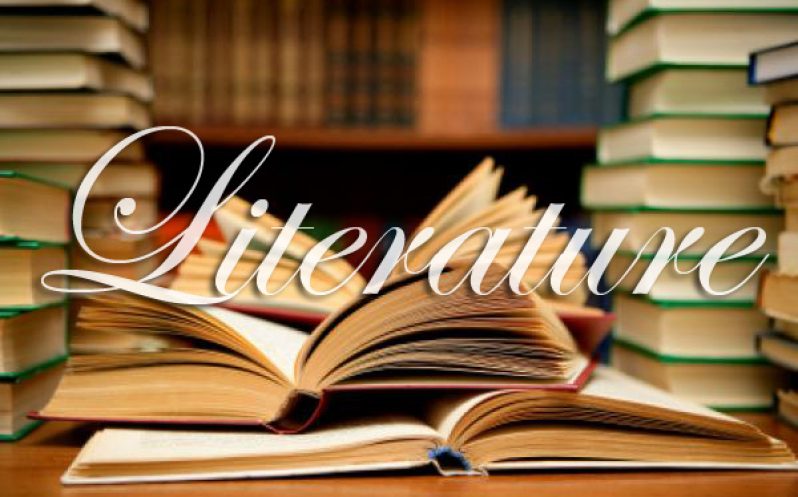While Derek Walcott’s Collected Poems does present to us a manageable selection of his work that can be described as representative of his entire oeuvre, the magnitude of Walcott’s brilliance can be seen when we observe that his amazing poem The Schooner Flight is just one of many other poems in the book. The point being made is that The Schooner Flight on its own is worthy of much academic and critical analysis and, yet, in the end, it is just another of many poems written by Walcott. In short, the

poem is just one expression of the talent and poetic skill possessed by St. Lucia’s Nobel Laureate.
With his unique presentation of the relationship between past and present in The Schooner Flight, Walcott is able to highlight many of the failings of the West Indies while, simultaneously, offering the reasons for such failings. Race is an important subject to Guyanese and West Indian readers and it is also an important subject for Walcott, so it should come as no surprise that in the poem, Walcott talks about identity and race, using his own mixed heritage to create part of the identity of the speaker of his poem, Shabine.
Walcott writes that: “After the white man, the niggers didn’t want me / when the power swing to their side. / The first chain my hands and apologize, “History”; / the next said I wasn’t black enough for their pride.” Here Walcott is speaking of the rejection that is faced by people who have both African and European ancestry and how they come together to create a sense of having an identity that does not allow the individual to identify with those two central groups. The person of mixed race, according to the speaker of the poem, is rejected by the whites because of his blackness, as evidenced through slavery, while after colonialism, his white ancestry makes him too tainted to be a part of the emergence of black pride and black nationalism among the black people in the West Indies.
The treatment of mixed-race people in the Caribbean comes up once more when Shabine says “I met History once, but he ain’t recognize me.” This line underscores the idea of mixed-race peoples not being afforded a place in our history, which often seems to relate to us the stories of the whites or blacks or coolie people and so on, but never really giving the same emphasis to the people of mixed ethnic backgrounds. This criticism of Caribbean history is emphasized once more in the seemingly simple line of “But that’s all them bastards have left us: words.” Shabine may have been referring to colonizers or historians or, perhaps both. Walcott is using the line to refer to the fact that the history of the West Indies has been reduced to nothing more than words written down, and there is an irony here because the history of the West Indies is much more than just words. It is, in fact, what has led to the creation of all aspects of the contemporary West Indies, including both the mixed-race poet and the speaker of his poem. The second irony regarding that one line has to do with the second interpretation of it, which informs us of how the colonizers have enforced their language upon the West Indies and so, all we are left with are the “words” of the colonizers – ironic because Walcott is using that same language to offer scathing critiques, through his poetry, of colonialism.
People who are of mixed-race are sometimes regarded as symbols of the new Caribbean and, in some ways, may be part of the antidote to racial divisions which exists in many Caribbean countries, including Guyana. Walcott’s presentation of the struggles of the individual who possesses the mixed-race identity is important not only because of its relation to postcolonial discourse but also because it preserves in poetry the dilemmas of a group of people whose presence in the world will become more and more important as time goes by.



.jpg)








